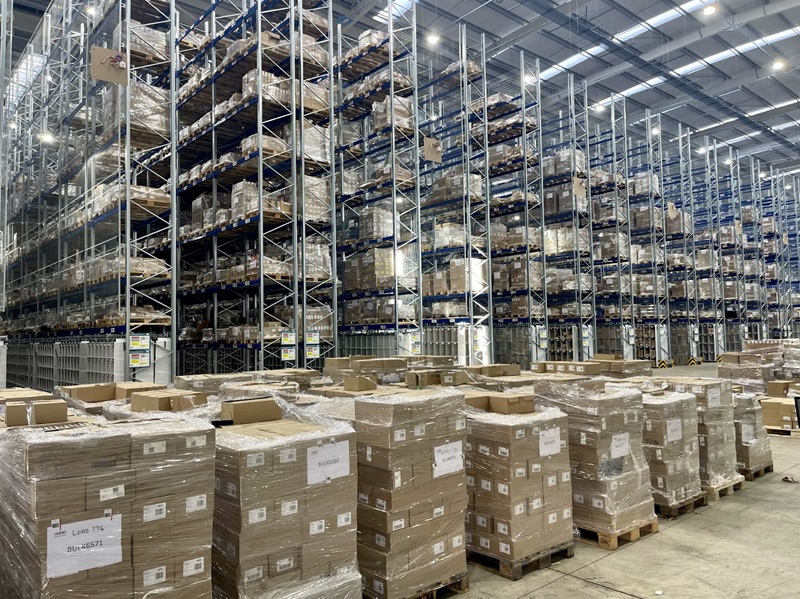
There has always been a tension at the heart of Music Distribution: the need for diverse choices for labels versus the allure of scale. Last week’s events have really highlighted the fragility of an ecosystem where the focus on scale has resulted in a distribution landscape dominated by a few key players.
Last week we saw the collapse of UDS, and its subsequent acquisition by DP World; the “fire and re-hire” logistics giant funded by Dubai petro-dollars, with little experience in the specialist world of music distribution . DP World’s purchase of UDS has been sold as offering stability, but raises serious concerns about the future of physical independent music distribution. Can a behemoth like DP World truly understand and cater to the unique needs of a niche market like independent music? Do they have the almost-vocational drive required to service smaller labels or will they quickly work out that high volume and narrow range are where the profits lie?
Consolidation in the physical distribution space is not new. Over the years, larger physical distributors have gained market dominance by offering seemingly unbeatable distribution rates. Many smaller distributors found it economically irresistible to abandon their own logistics and instead become “bolt-ons” to these larger distributors, leveraging their scale but further concentrating the market. This strategy ultimately proves unsustainable and creates a single point of failure. What is different this time is the distributor in question not only services the indie community, but also major labels.
Universal Music Group’s recent acquisition of the remaining stake in PIAS, coupled with its plans to purchase Downtown Music (through its subsidiary, Virgin Music) is also concerning. Downtown Music owns FUGA and CD Baby, both significant players in the digital distribution landscape. This level of consolidation concentrates immense power within a single entity, potentially stifling competition and limiting choices for artists and labels.
It was good to see our indie trade bodies, AIM and Impala, express their concerns and seek regulatory oversight regarding Virgin/Downtown, but it seems like the appetite for blocking such deals at a regulatory level has diminished. It sometimes feels like the monopoly genie has been out of the bottle for some time.
Our music industry thrives on diversity and choice. A healthy ecosystem requires a range of label and distribution options. This allows artists and labels to find the best fit for their needs and ensures a vibrant and diverse musical landscape. It is also quite possible to operate as a true independent distributor, even controlling your own supply chain (as Kudos does), but it does require charging realistic, sustainable distribution fees.
There was a time where your label’s “indie badge” was determined by how your music was distributed, but this kitemark is no longer viable in a world where major label releases occupy the same cartons as indie releases, all coming from the same central warehouse. I wonder if we lost something when we broke that link between indie label and indie distribution?
Perhaps this week’s events provide an opportunity to re-evaluate the value of indie distribution.

